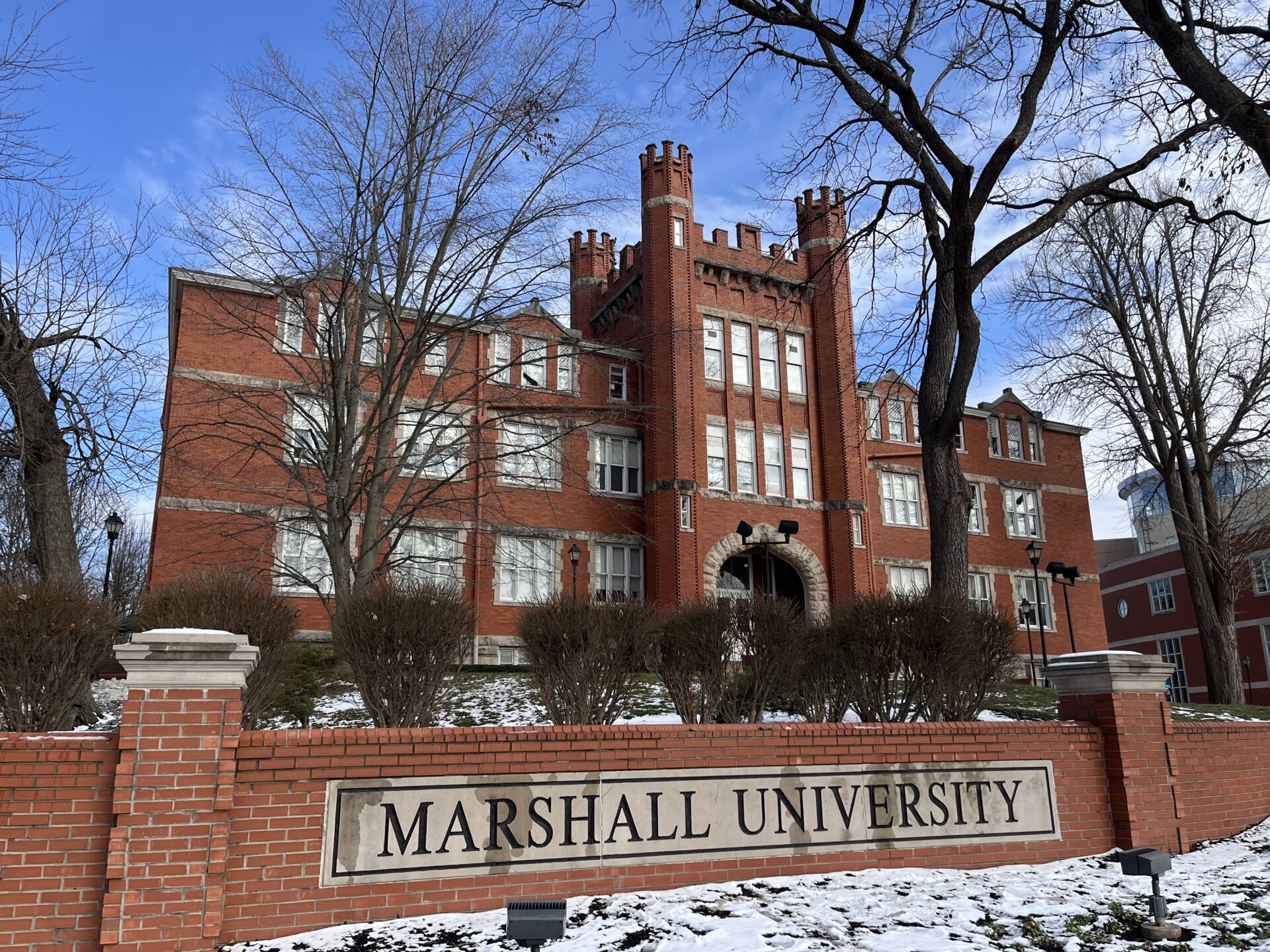West Virginia American Civil Liberties Union (WV-ACLU) legal director, Aubrey Sparks, said an international student, one month from graduation had his visa was unlawfully revoked. The organization is helping the student sue the federal government for relief.
Sparks says the federal government’s action was taken because her client, a Marshall University graduate student, identified as S.V., showed up in a criminal records check.
The lawsuit notes that in 2020, S.V., who is originally from India, was charged with a misdemeanor traffic violation of operating under the influence in Indiana for which he was sentenced to probation. His probation was terminated early as the result of his good behavior and compliance, based on the recommendation of his probation officer.
He then left the United States and returned in 2023 to study at Marshall on a new student visa. He disclosed the previous charge when re-applying, satisfied all requirements, and was permitted to re-enter the country under the new visa. He was in the process of applying for post-graduate work in the United States when he received the email ending his status. Sparks said S.V.’s charge does not meet grounds for visa termination.
“When he wanted to come to Marshall University, he applied for legal status to be here,” Sparks said. “He applied for his student visa, and he disclosed that earlier misdemeanor. And so the government reviewed it. The government subjected him to questioning about it, a medical exam to make sure that he could be here and should be granted entry, and he passed all of those things, and he was awarded his student status and awarded his visa. And then nothing has happened since. He has had no interaction with the criminal justice system. And so this idea that this is something new that came up just doesn’t have a basis in fact.”
Sparks said her client was one month away from graduation when the action was taken, throwing his life into turmoil.
“There was no prior warning, there was no chance that anything was wrong” Sparks said. “Just out of the blue, he gets an email that suddenly throws in the higher educational world into uncertainty, and so at a time where he should be focusing on the very tail end of his last graduate school classes and planning how he’s going to celebrate his graduation with friends and family, that’s all been taken away from him, because now instead, he’s trying to figure out whether he is in the United States legally, and what he needs to do to make sure that he is able to secure his degree. This is someone who is in a STEM field who has performed incredibly well in school, both at the undergraduate and the graduate level, and now he’s trying to work in the United States.”
In a WV-ACLU press release, S.V. said the experience has caused chaos for his education and career plans.
“I desperately want to complete my graduate degree and pursue work in the United States,” he said. “It is clear this wasn’t a decision based on my circumstance or experience – this was a predetermined outcome and they just said whatever needed to be said to justify it, even when it didn’t apply to me.”
In the press release, ACLU-WV Executive Director Eli Baumwell said that “International students and scholars are a vital part of our nation’s universities, our economy, and our communities. Unfortunately, it has become increasingly clear that the Trump administration is simply taking the law into its own hands in its crusade against noncitizens. Never before has a president taken such sweeping actions to revoke student visas, and that’s why we need the courts to step in and protect their rights to due process under the Constitution.”
Sparks said these types of international student lawsuits are happening around the country, and need to be challenged.
“I think that if we don’t take the steps to allow him to stay here, West Virginia as a whole, and Marshall, is going to be much worse off,” Sparks said. “Because he’s just been an asset to these places that he’s made his community.”
The lawsuit asks that there be a declaration from the court that S.V. still has his legal status, or alternatively, that he is not able to be detained or deported.
